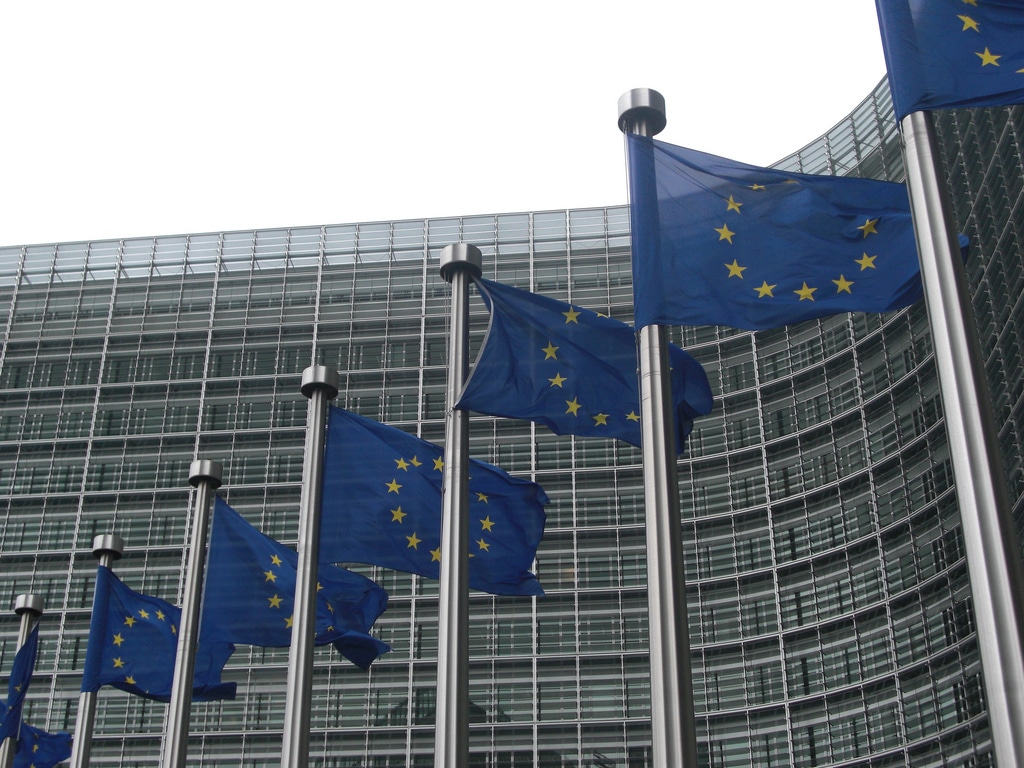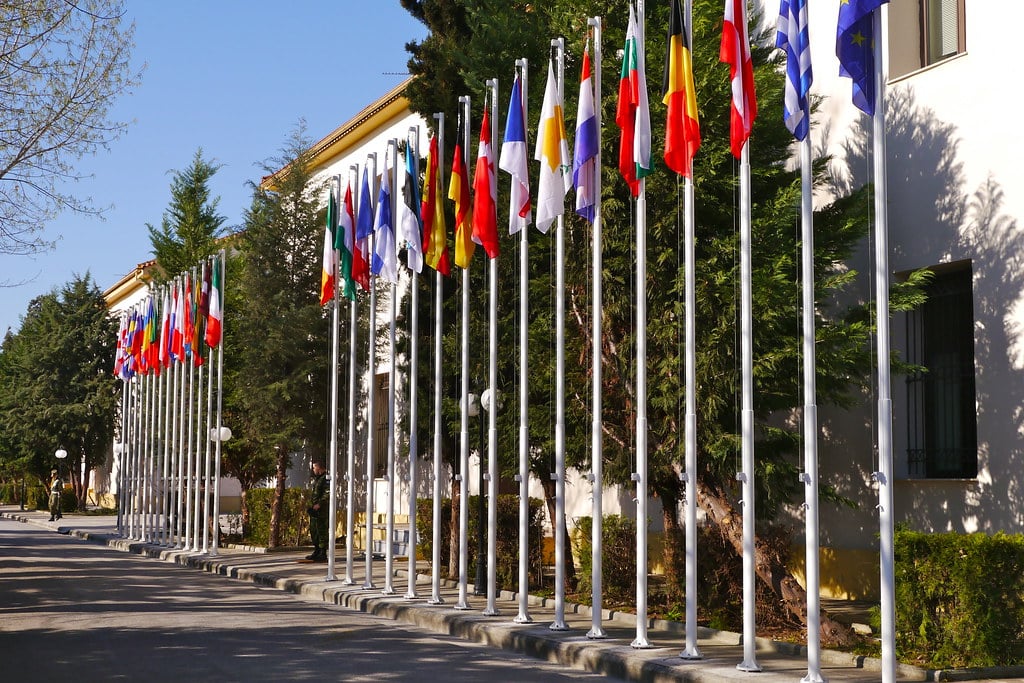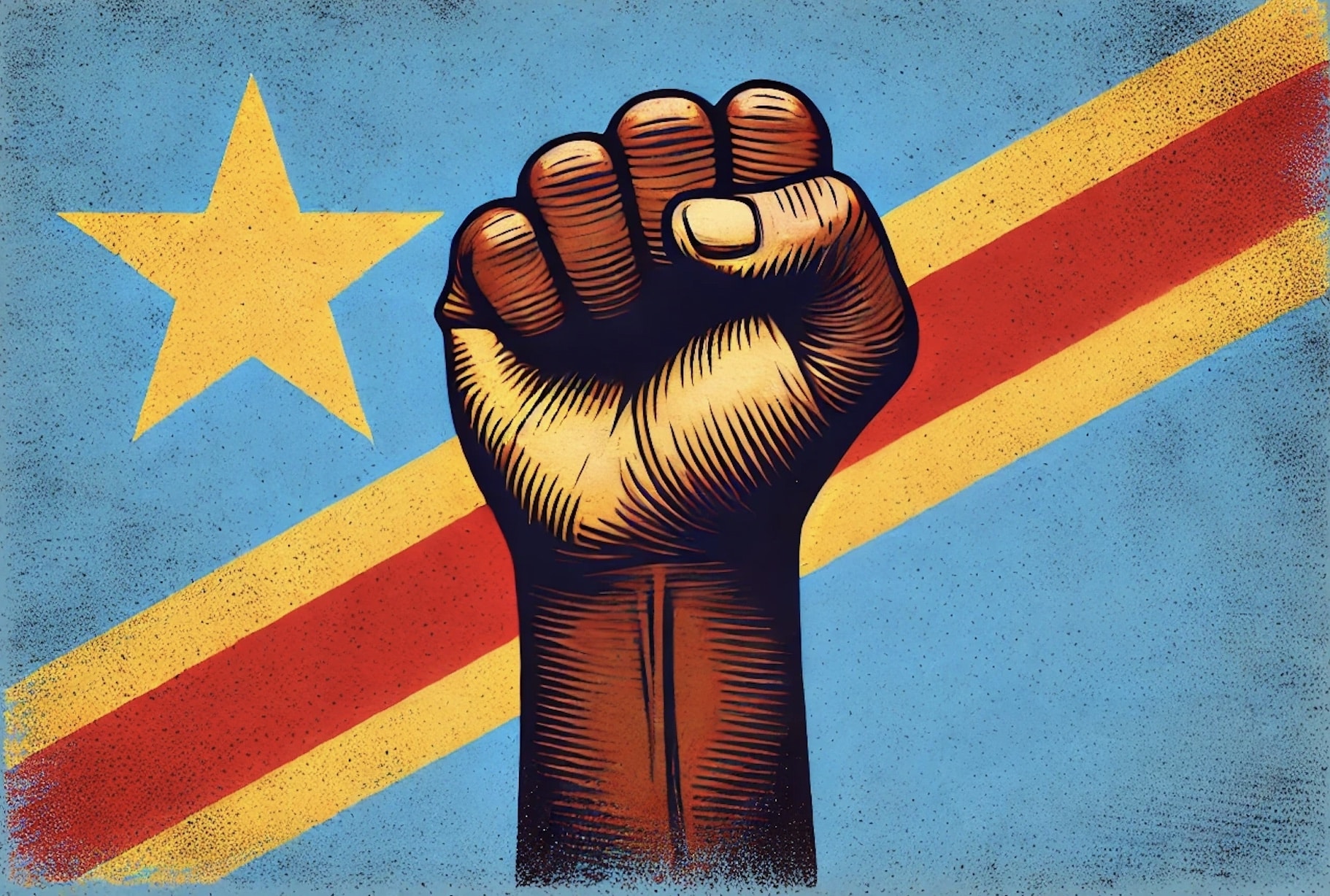On the 6th of February the European Commission presented its long awaited enlargement strategy for the Western Balkans. Since the State of the Union of European Commission President J.C. Juncker last year, there was a growing momentum for a clearer prospect for accession of Bosnia-Herzegovina, Serbia, Montenegro, Kosovo, Macedonia and Albania to the Union. Leading up to the presentation of the strategy, a number of MEP’s expressed their support for the enlargement of the European Union. The document calls upon the aspiring countries to redouble their efforts to reform and transform their political systems, economies and societies to the standards of the EU. If all criteria are met, the frontrunner countries, Serbia and Montenegro, could potentially join the EU in 2025. The document calls the strategy extremely ambitious, but at the same time a ”credible outreach’’ to the Western Balkans.
EU’s change of tone
Since the EU-Western Balkans Summit in Thessaloniki in 2003 the European Union reiterated “unequivocal support to […] the future of Western Balkans in the European Union”. By promoting democracy, the rule of law and fundamental rights, it was expected that the region would stabilize after the devastating wars of the 1990’s. The Western Balkan countries looked forward to the prospect of EU membership. However, the transformation towards democracy and rule of law proved to be very challenging. In addition, the EU grew more sceptical of enlargement after the rushed memberships of Romania and Bulgaria in 2007, the Euro crisis and the increased support for anti-EU parties and movements.
Although further enlargement seemed to be off the EU’s agenda, Croatia joined in 2013 and the European Commission continued to monitor, report and encourage the Western Balkan countries to continue the reforms for their own sake and stability. The lack of clear prospect of EU accession has led to lack of incentives among the ruling political elite in the Western Balkan countries to speed up the reforms. In addition, the rule of law related reforms could endanger their own position as some of the leaders have allegedly been involved in corruption scandals. With the new strategy the European Union hopes to speed-up the reforms in the region and to make clear that it wants a peaceful and stable region resilient for potential Turkish and Russian geopolitical interests.
A new commitment from both sides?
The new strategy can nonetheless be seen as an old strategy revitalized with a fresh optimistic tone. All the required reforms and transformation that are summed up in the document are part of the EU accession process. ‘’Accession is and will remain a merit-based process fully dependent on the objective progress achieved by each country’’, the documents reads. In this process or pace nothing has changed. It is stressed that the year of the potential ascension of Montenegro and Serbia is speculative. If Serbia fails for instance to change its relation with Kosovo, accession will not happen.
There are mostly notable changes in attitude, framing and commitment in the new strategy compared to earlier outreaches. The strategy contains a message of shared values and a future that the countries themselves have to choose: ”Joining the EU is far more than a technical process. It is a generational choice, based on fundamental values, which each country must embrace more actively, from their foreign and regional policies right down to what children are taught at school.” By sending this message, the EU is not only reaching out to the politicians and people on the Balkans, but also to its own constituents.
At the same time it holds a message that the Balkan countries have to become more serious in their commitment towards the European Union. In the past, the EU was accused of being too soft on leaders in the region. Especially to those who were not complaint with democratic values.
Reactions on the Balkans
Although the EU strategy met some critique from within its own member states, the document was well received in the region. The Prime Minister of Serbia, Ana Brnabic, said it was a call to “work every day from now […] to become part of the European family of nations”. President Aleksandar Vucic was more constrained. Calling the obstacles ahead “as large as mountains. ”
In Albania the strategy was seen as confirmation of their recent progress in the accession process. The Albanian opposition, however, urged that the country is not ready yet.
Prime Minister Duško Marković of Montenegro was grateful for the European acknowledgement that Montenegro was the leading country in the process. Marković went even further by stating that ‘’Montenegro is already acting as a member in many aspects. We stand in solidarity with EU foreign and security policy, thus showing our commitment and acceptance of European values.’’
In Macedonia the strategy was hailed as an important new commitment by the EU. Macedonia has recently made progress in solving the name issue with Greece.
Sources:DW The Guardian Balkan Insight EC B92





